Giving up your lunch hour to read with kids could create a new generation of bookworms.According to a 2007 Department of Education study, only half of low-income fourth graders read proficiently for their grade level. (That's compared to 79 percent of their middle-class peers.) More alarming is that this literacy gap begins at home, before educators even have a chance to help.Enter Everybody Wins, a literacy intervention effort based in Washington, D.C. Its flagship endeavor, known as "Power Lunch," attacks the literacy gap by supplying the positive reading experiences that some children miss out on. The program matches volunteers-mostly working professionals-in participating cities with elementary school children of low-income families. Every week of the school year volunteers spend one of their lunch hours visiting their students at school and reading to them. The goal: Create a positive association with books and foster the motivation that kids need to learn to read. "We're not a tutoring program; we're not a reading instruction program," says Rich Greif, executive director of Everybody Wins USA. "The pure focus of our programs is to get kids enthusiastic about reading."Currently, Power Lunch serves more than 6,000 students in more than 150 schools in 16 states and Washington, D.C. Grief says the continued organic growth of the program, which began in 1991 with five readers at one New York City school, is evidence of its success. There's hard data, too: A 2005 study of the Chicago Power Lunch program found that 64 percent of Power Lunch-ing students in grades 1 through 3 achieved grade-promoting reading proficiency. (Only 38 percent of their nonparticipating peers hit that benchmark.) "That's really the best you can hope for," Greif says, "that they stay on track with their progress and get promoted to the next grade."Photo courtesy of Everybody Wins! USAReturn to the interactive site
Search
Latest Stories
Start your day right!
Get latest updates and insights delivered to your inbox.
We have a small favor to ask of you
Facebook is critical to our success and we could use your help. It will only take a few clicks on your device. But it would mean the world to us.

Here’s the link . Once there, hit the Follow button. Hit the Follow button again and choose Favorites. That’s it!
The Latest
Most Popular
Sign Up for
The Daily GOOD!
Get our free newsletter delivered to your inbox














 Great White Sharks GIF by Shark Week
Great White Sharks GIF by Shark Week
 On March 30, Julie J gets organized in the DJ booth before Stand Up NYC begins at 3 Dollar Bill in Brooklyn. Elyssa Goodman
On March 30, Julie J gets organized in the DJ booth before Stand Up NYC begins at 3 Dollar Bill in Brooklyn. Elyssa Goodman Julie J in the DJ booth. Elyssa Goodman
Julie J in the DJ booth. Elyssa Goodman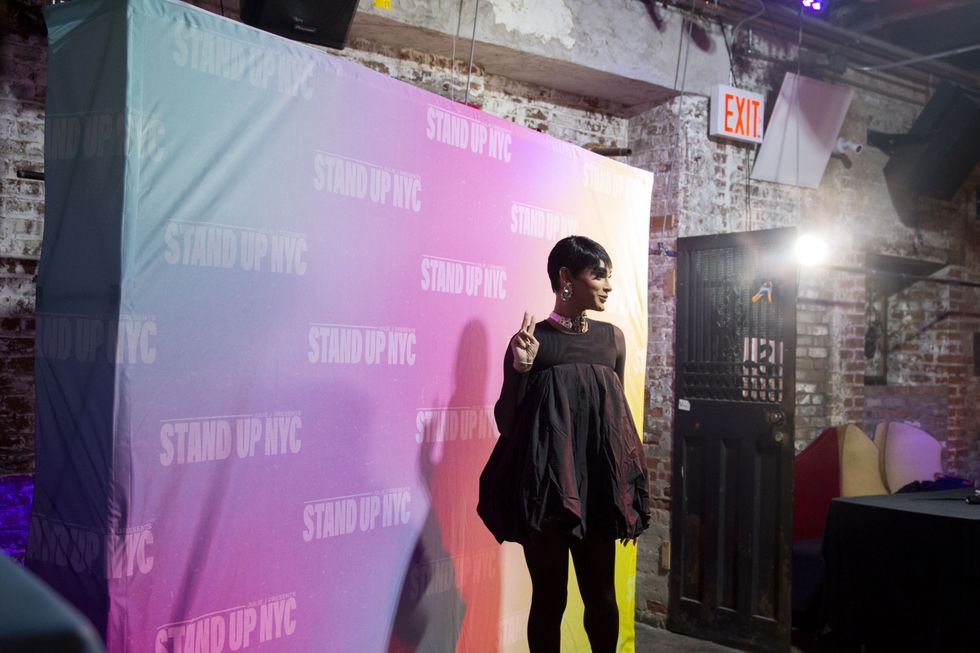 Julie J poses for pictures prior to the show's start. Elyssa Goodman
Julie J poses for pictures prior to the show's start. Elyssa Goodman Julie J at 3 Dollar Bill before Stand Up NYC begins.Elyssa Goodman
Julie J at 3 Dollar Bill before Stand Up NYC begins.Elyssa Goodman Julie J on stage co-hosting Stand Up NYC. Elyssa Goodman
Julie J on stage co-hosting Stand Up NYC. Elyssa Goodman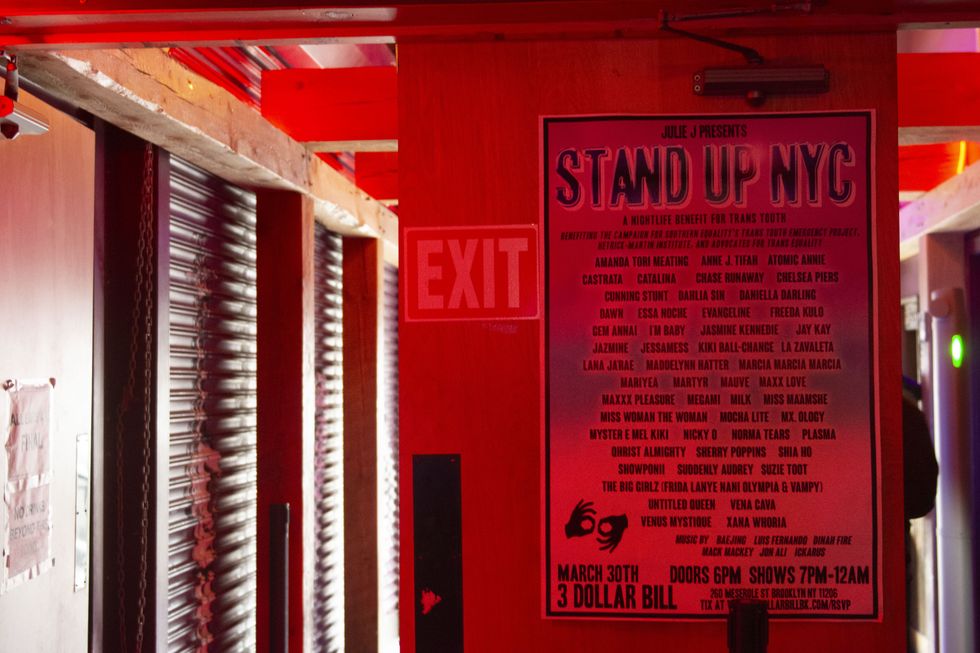

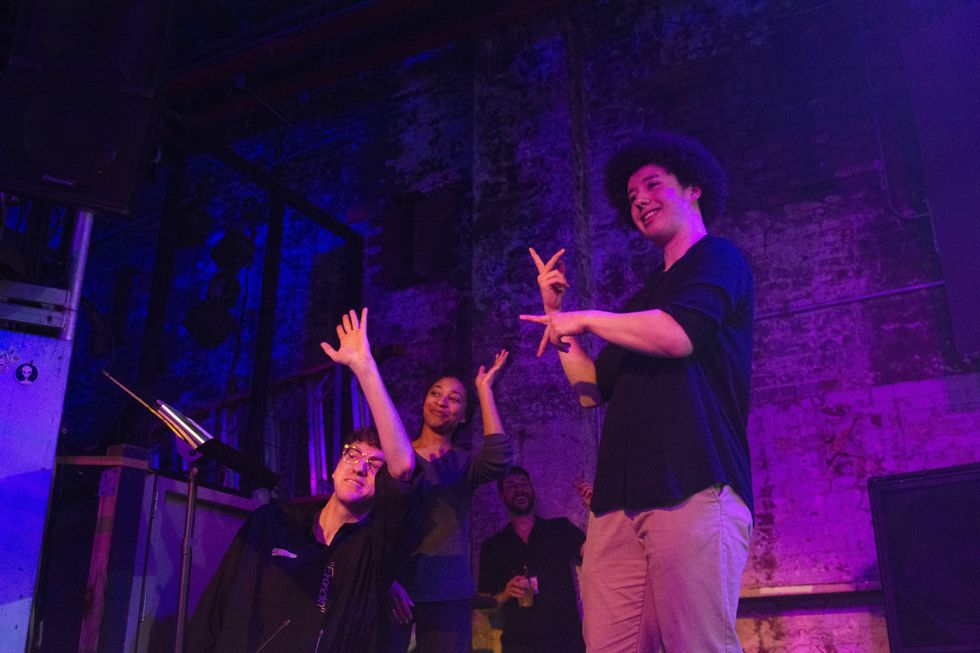





















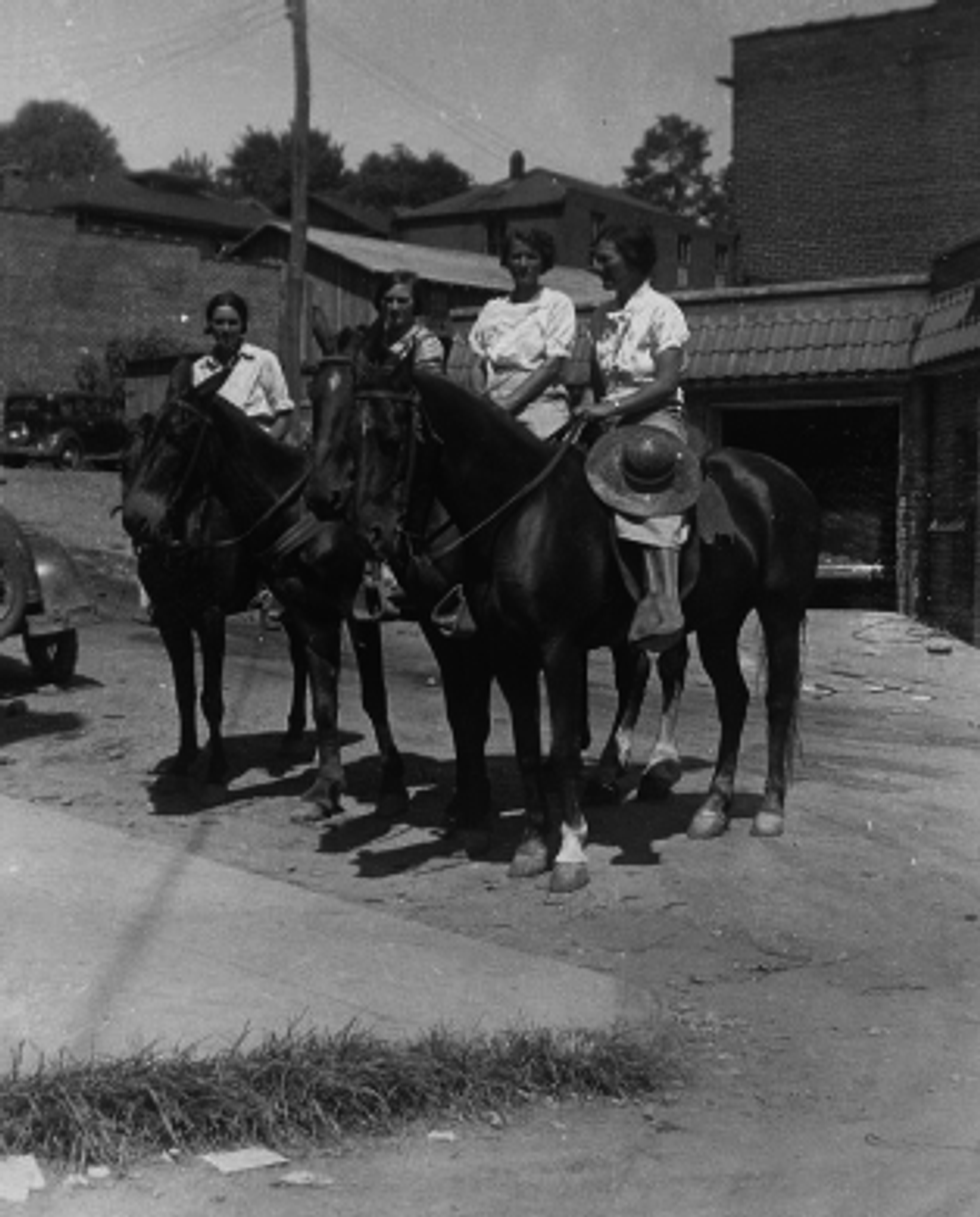 Packhorse librarians ready to start delivering books.
Packhorse librarians ready to start delivering books.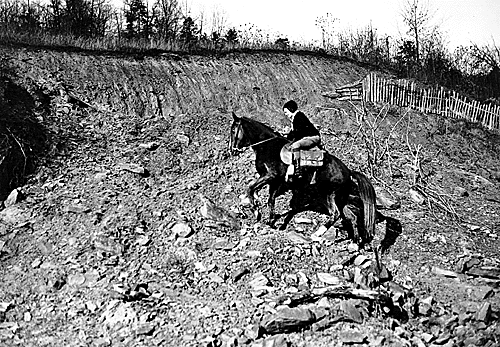 Pack Horse Library Project - Wikipedia
Pack Horse Library Project - Wikipedia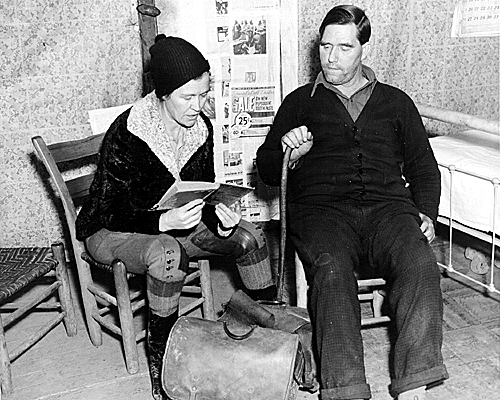 Packhorse librarian reading to a man.
Packhorse librarian reading to a man.

 Working out with friends also makes exercise more enjoyable (and feel quicker).Photo credit: Canva
Working out with friends also makes exercise more enjoyable (and feel quicker).Photo credit: Canva
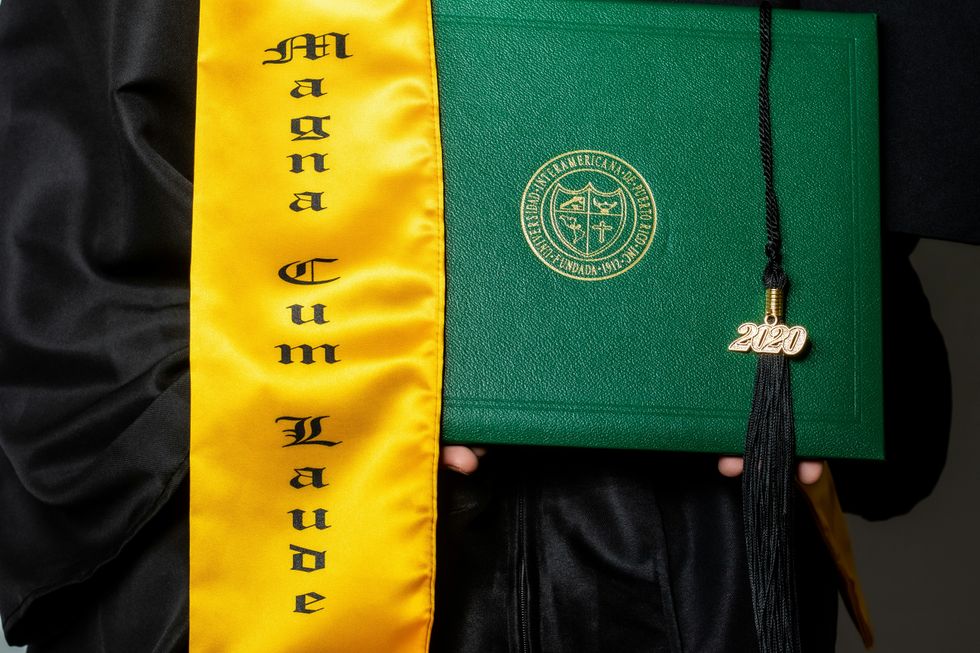 People with Imposter Syndrome can't accept their achievements.
Photo by
People with Imposter Syndrome can't accept their achievements.
Photo by  Emotion Feeling GIF by Quilt
Emotion Feeling GIF by Quilt Psychologist - Free of Charge Creative Commons Notepad 1 image
Psychologist - Free of Charge Creative Commons Notepad 1 image
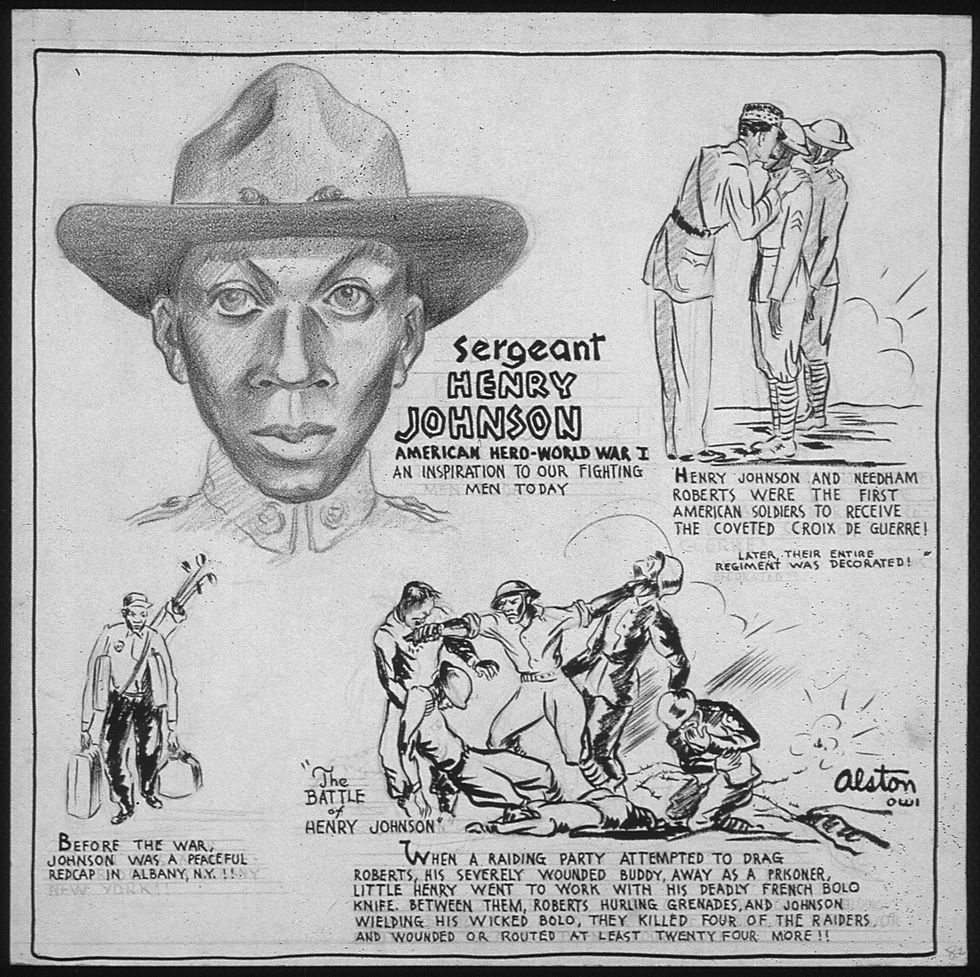 The military used Henry Johnson for recruitment efforts.Photo credit: Wikimedia Commons
The military used Henry Johnson for recruitment efforts.Photo credit: Wikimedia Commons